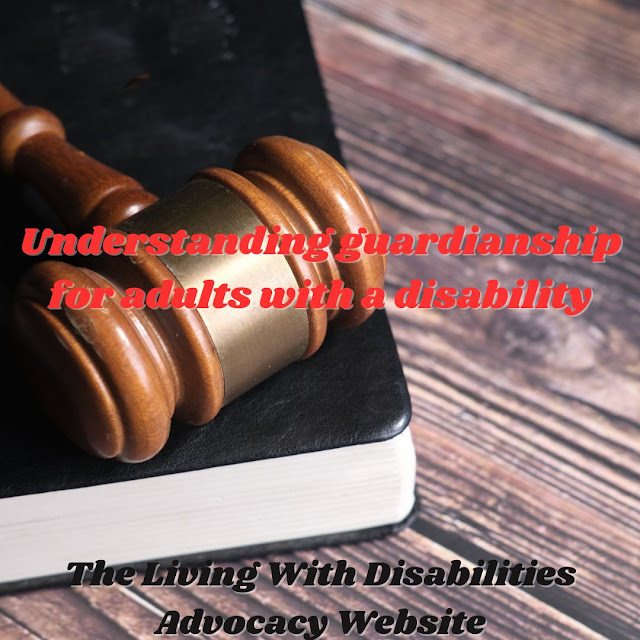Multiple Personality disorder
Welcome to the Living With Disabilities Advocacy website. First and foremost. Self-published author Katrina Smith, a person of many accomplishments, has written six volumes in total: two cookbooks and four collections of poetry. Her favorite activities include reading and writing. Katrina would be described by one word: determined. Despite any challenges she may encounter, she does not let unkind comments decide her fate.
If you're a new visitor to this advocacy website, this page's goal is to increase public understanding of those who live with disabilities and other conditions. We suggest that anything you read on this site you seek out a licensed professional counselor or healthcare provider.
This week's discussion is about multiple personality disorder. And how to assist someone dealing with multiple personality disorder.
Before we continue, I want to say that if you or someone you know struggles with multiple personality disorders, also referred to as dissociative identity disorder, please know that you are never alone, that you are always loved, and that there is qualified assistance available.
What is Multiple personality disorder or Dissociative Identity Disorder? The development of multiple distinct personalities in one person as a result of childhood trauma can include sexual abuse, emotional neglect, and physical violence. Seeking expert care at a residential facility is the greatest option if a family member or close relative suffers from this condition.
Diagnosis signs include:
1. The person has multiple personalities and identities, some of which may number in the double digits, which results in observable shifts in their thoughts and actions.
2. Memory loss is caused by switching through identities.
3. Significant discomfort or impairment brought on by different identities.
How Multiple Personality disorder is treated? There are many ways this condition can be treated; The person would need to be seen by a Physiologist. They must stay in the faculty for treatment. There they will run an Eye movement desensitization and reprocessing therapy (EMDR), cognitive behavioral therapy (CBT), dialectical behavior therapy (DBT), and others. Because if there is any trauma.
Can Multiple Personality disorder go away? Indeed, it can. However, it rarely does. Before receiving a diagnosis, a person with this disease exhibits the symptoms for at least six years.
What are someway of a person coping with Multiple Personality disorder? Encourage, Encourage, Encourage. And we're not referring to friends or relatives serving as a loved one's therapist. Find a physiotherapist for your loved one. Secondly, Staying organized, and having this condition can be overwhelming. which can lead to memory loss and disconnection from family and friends. Keeping a timer, writing things down inside of a journal to keep on hand. Third, be aware of what triggers a person that causes a different personality, which they call "switching". These triggers can be good or bad. Once you know what causes "switching" avoid the topic. Not to mention watching TV, painting, reading, playing with pets, and listening to music. It is important to treat mental health issues seriously. In addition to M.P.D., a patient may also struggle with stress, stress, and depression. They should therefore maintain their calm.
The Support system during therapy
It is difficult for them to go through in-patient therapy because they will be asked to recall experiences. These situations could occasionally be triggering. A patient may feel frustrated during these hours if they are unable to visit with friends or family. It might be preferable for some patients if they stayed away for a longer amount of time. keeping in touch with a loved one who is receiving inpatient therapy since they will face some difficult situations while receiving treatment. Learn what the patient will require of you.
Let's hear your opinion
Are you a relative or family member of a person who has Multiple Personality disorder, Let's connect and discuss this topic on the Living With Disabilities Online Talk Show. Schedule an appointment to speak to Katrina Smith, the host.
If you need online support,Disability Safe Haven is great for receiving support. The We Care Team is very protective of its members and asks everyone who joins, to have a profile picture and answer the security questions.
Reference links
https://oladoc.com/health-zone/coping-strategies-for-living-with-multiple-personality-disorder/
https://www.psychiatry.org/patients-families/dissociative-disorders/expert-q-and-a
Podcast link
https://anchor.fm/livingwithdisabilites/episodes/Multiple-Personality-Disorder-e1s3ur4




Comments
Post a Comment